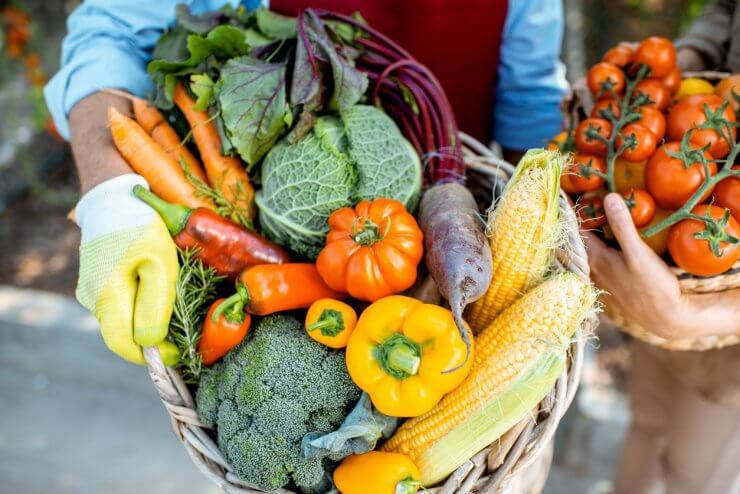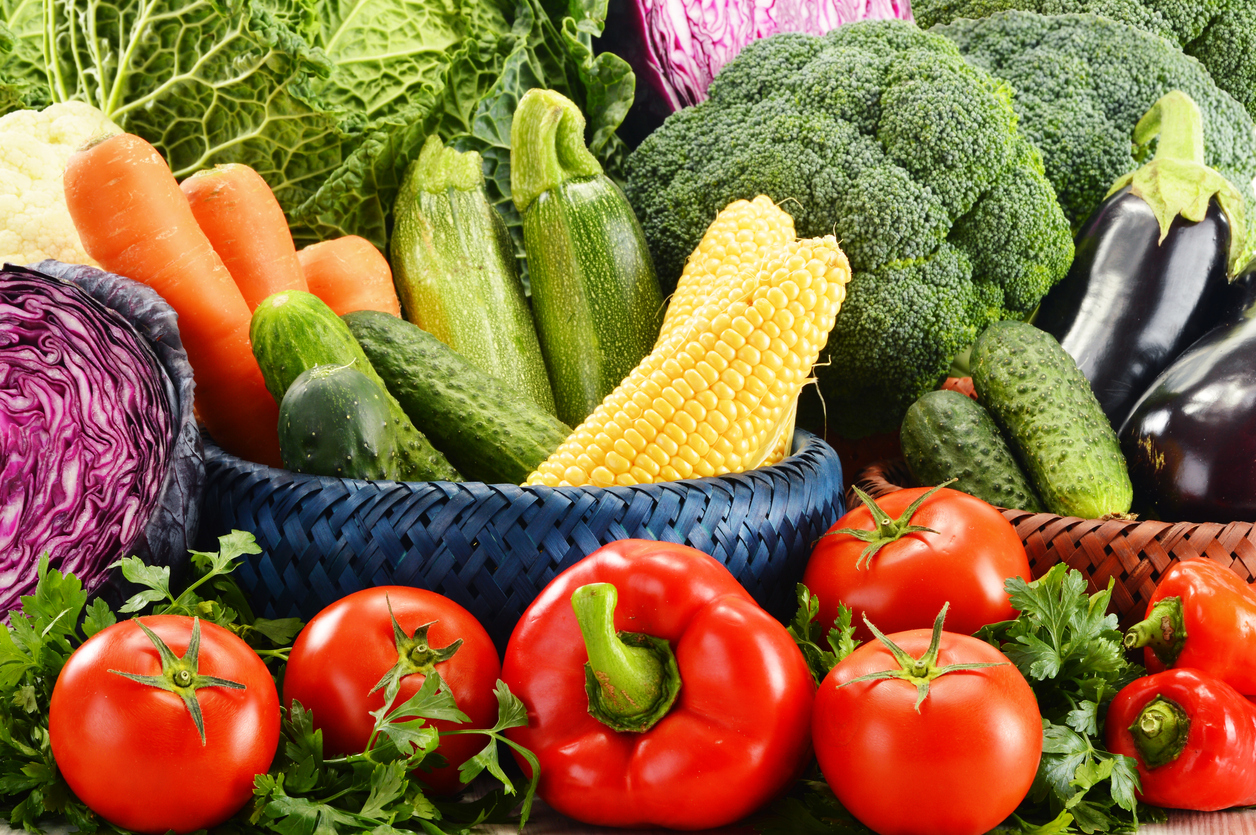
You may know that some vegetables, like peas and beans, add nitrogen to soil. You may know that plants and vegetables need nitrogen. And you’ve no doubt seen the NPK ratio on a bag of fertilizer, which denotes how much nitrogen, phosphorous, and potassium are in the mixture.
You may also know that too much nitrogen can burn your plants and keep them from developing fruits. So how do you find the balance? How much nitrogen does your soil need, and how can you add nitrogen to soil without overdoing it? Let’s dig into that!
Discover 7 top tips for growing, harvesting, and enjoying tomatoes from your home garden—when you access the FREE guide The Best Way to Grow Tomatoes, right now!

Learn how you can add nitrogen to soil and make your plants happy
Alrighty. Let’s start with a quick biology refresher. Nitrogen is one of the primary components of chlorophyll, which plants use to “capture” sunlight and turn it into energy through photosynthesis. More energy equals better growth.
Nitrogen is abundant, making up around 78% of the earth’s atmosphere, and it enters the soil through rain, as well as the natural decomposition of organic matter.
A few plants, such as the legumes mentioned earlier, can absorb nitrogen from the air; however, most plants are unable to do that and absorb nitrogen from the soil. So, over time, as nitrogen gets used by plants or is lost to runoff or erosion, your vegetables can’t get the nitrogen they need.
But before you add nitrogen to soil, you gotta do one thing: test your soil. Even though there are symptoms of nitrogen deficiency, such as poor plant growth or leaves that look pale or yellowish-green, you can’t tell just by looking at the soil if it needs more nitrogen. Additionally, Penn State College of Agricultural Sciences points out that “nitrogen uptake may be reduced at low pH (<4).”
But let’s assume everything else is good, and the only issue with your soil is that it’s low in nitrogen. How do you add nitrogen to soil without adding too much?
One easy way is to plant alfalfa as a late fall cover crop. Alfalfa is in the legume family (Leguminosae Medicago sativa L.), and fixes nitrogen in the soil just like other legumes. It also provides plenty of compostable material to till into your garden in the spring. In fact, that might be the only thing you need to do to increase the level of nitrogen in your soil.
If you need a quicker nitrogen fix, rabbit manure might be your best bet, with chicken manure coming in a close second. Rabbit manure is high in nutrients, including nitrogen, and although it’s better to compost it, it’s safe to use straight from the source. If you can’t get rabbit manure and need to use chicken manure, you will need to either compost it or buy it ready to use, as it may burn your plants’ roots.
In both cases, you can work it right into the soil beside your vegetables so they can get to the nutrients right away. How much should you use? If you buy it in a bag, there should be instructions on the packaging. If you’re using your own or getting it from an individual, the University of Wisconsin-Madison suggests adding 20 to 30 pounds of fresh poultry manure to a 100-square-foot garden. For composted manure, you’ll need closer to 70 pounds.
However, and this is big, if the manure isn’t tested for actual nitrogen levels, there’s no way to know how much nitrogen or any other nutrient is in any particular batch. Which means you should be conservative when applying it to your garden.
Of course, there’s always that high-nitrogen liquid fertilizer available at your local garden shop. If you go this route, please follow the directions. Fertilizer is one of those things in life that’s better to underdo than overdo.
Have you added nitrogen to your garden soil? What method did you use?
Discover 7 top tips for growing, harvesting, and enjoying tomatoes from your home garden—when you access the FREE guide The Best Way to Grow Tomatoes, right now!





Can vinegar or baking soda help with nitrogen in the soil?